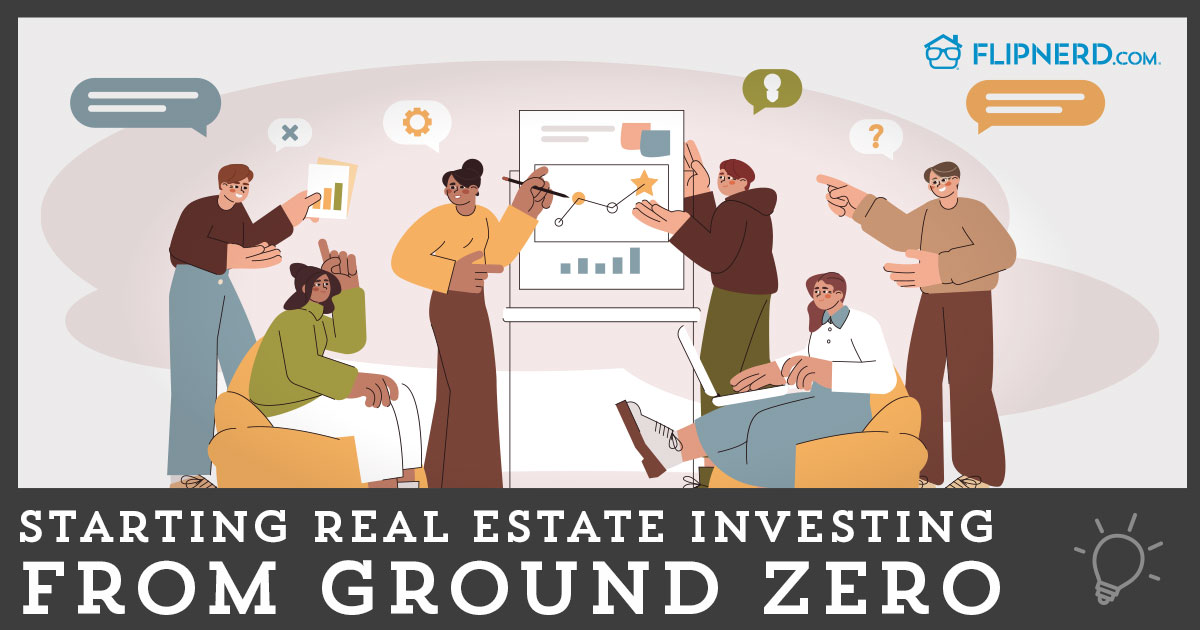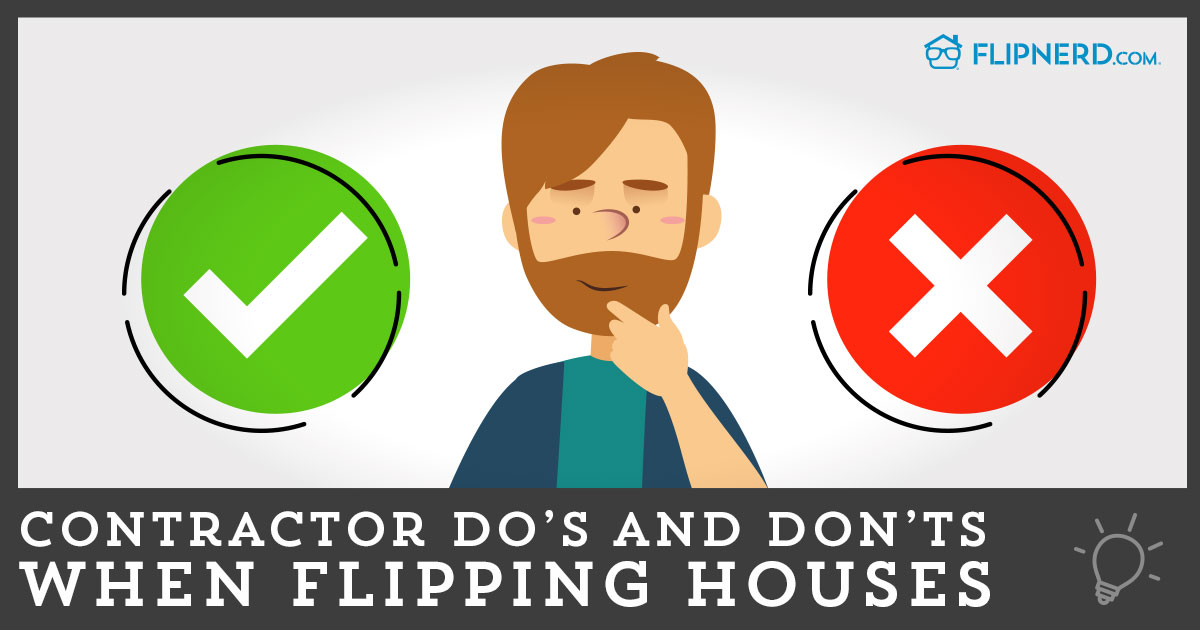How many of you are in this situation?
Real estate investing sounds like the way to financial freedom and you have a passion and desire to get started… but you have no idea where to start.
That first step is no tiny step. It’s a life-changing step that will no doubt be a learning experience for you.
(For those real estate investors who’ve gone through the motions of at least one deal, we have no doubt that it’s a story to tell. Whether it’s a great success or a lesson learned, you’ll always remember that first deal and it’s probably making an impact on future deals.)
There are some factors that need to be decided before you start actively looking at properties to put offers in on. This doesn’t mean not to look at listings, but use them purely for research for when you’re ready to start the process that is… your first deal.
First, you need to know:
– Where are you going to find your deal?
– Where is your money coming from?
– What area is best for you to invest in?
– Can you do this yourself or will you need help?
– What is your exit strategy?
Where Are You Going to Find Your Deal?
Those who have purchased a home or know how the process works, you’re probably used to MLS and being able to drive through neighborhoods and find options for purchasing.
This isn’t quite how it works in real estate investing.
You need to find properties that are heavily discounted so that you have margins for rehab (if needed) and profit. These houses can sometimes be found on MLS, if you know where to look, but most often you’re going to be sending out direct mail to motivated sellers.
How do you figure out your motivated sellers? We have a whole blog dedicated to this topic:
Another option that can be great for first-time investors is to buy a property off of a wholesaler. These properties are still discounted and you can receive a list of available properties they’re wholesaling.
Where Is Your Money Coming From?
You have multiple options here, depending on your connections, credit, and access to funds in general. Obviously, if you have funds in your bank account or self-directed IRA, this can be an option.
Some people prefer to use other people’s money for their investments, which leads to the use of private money.
Private money can be obtained from your connections to passive investors who have the capital but have no interest in doing the buying/selling. They are purely the finance source and once the deal is done, they make their money back plus interest.
Hard Money can be great for rehabs or for rental properties (until you can secure long-term financing). It can come with higher interest rates but if you need short-term financing, this can make sense.
Government (or conventional) financing is great for rental properties but be careful about the limit on how many financed properties you can have in your name. We have a Master Class solely on ‘How to Finance Your First 10 Rental Properties’.
What is the Best Area For You to Invest In?
When you’re just starting out, investing near you is easily than finding a deal in another city or state.
You have more knowledge about the market and are able to be hands on if you’re close enough to the property. Once you’ve done a few deals, it will be easier for you to know the process enough and know what to look for if a deal arises that isn’t local.
Can You Do This Yourself or Will You Need Help?
This largely depends on what your plan is for the property and your expertise. If you’ve never held a hammer, you should highly consider hiring out rehab work. Real estate attorneys who work with real estate investors can be invaluable to the new investor.
Don’t be afraid to hire out.
Many experts have talked about how trying to do everything themselves ended up costing them more time and money than if they had just hired a professional in the first place.
Getting help isn’t a bad thing. In this industry, getting it done right the first time means money and time saved.
In general, having a coach or mentor can make all the difference in this industry. Not only can they share what works for them, they can steer you away from risky deals and educate you so that you can make smart business decisions.
What Is Your Exit Strategy?
Every property is different.
Every market is different.
Many new investors start off by wholesaling a few properties to get comfortable and learn the ins-and-outs of the business.
Depending on the market and the property, it could potentially make sense to go ahead and fix and flip it (minor rehab or major rehab) or even rent it out.
We have an entire article on exit strategies, if you want to learn about each of them.
Getting started can be scary. Education and preparedness can help you get over that initial hurdle. Analyze the deals and find the perfect deal for you. Get help when you need it and enjoy the journey! Whether you end up doing 2 deals a year or 100, having a solid foundation of knowledge beforehand can aid in your success for years to come.










